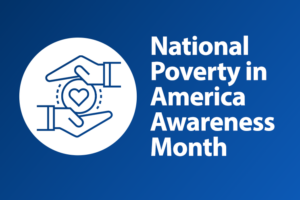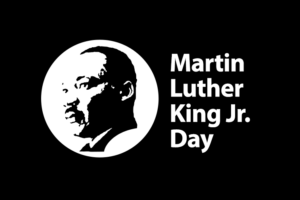Sarah Ford | October 10, 2013
Why Are You Folks Spending So Much Time On Marriage?
By James Esseks, Director, ACLU Lesbian Gay Bisexual Transgender & AIDS Project at 12:54pm
I’m often asked why the gay rights movement is so focused on marriage, and it’s a good question. Part of the answer is that our society has made marriage the gateway to many protections and obligations – from health care to retirement protections to green cards – and committed same-sex couples are harmed in serious ways when they are excluded from marriage and the protections and social status that comes with it.
But an even bigger reason to focus on marriage is the immense cultural power of the institution – tapping into that cultural power can help both dismantle anti-gay stereotypes and make progress on the full range of gay rights issues. Here’s why:
The ultimate goal of our advocacy for lesbian and gay rights isn’t to pass protective laws, to secure rights in court, or to win ballot fights – it’s to change the way America thinks about LGBT people. To do that, we’ve got to combat at least the following stubbornly enduring stereotypes about gay people:
- That gay people and our relationships are all about sex, not about love
- That gay people are not interested in kids, except as pedophiles
- That gay people’s relationships are short, furtive affairs, with multiple partners
Now consider the cultural assumptions about marriage, which are the polar opposite of the gay stereotypes:
- That marriage is about love (and about sex if you’re lucky)
- That marriage means having and raising kids
- That marriage is a long-term, monogamous commitment, made in front of family and friends
Putting aside for the moment any quibbles about these stereotypes (not all the gay stereotypes are necessarily bad, nor all the marriage stereotypes necessarily good, and of course they don’t bear a close connection to reality – most straight marriages end in divorce, right?) we can agree that these reflect pretty accurately how much of America thinks about gay people and, separately, about marriage.
Telling America that many gay people want to live the values at the core of marriage – all of those marriage stereotypes – and what’s more showing that they actually do live those values, is the most powerful way we can communicate with mainstream America that their sense of who gay people are and what our relationships are like is fundamentally mistaken. Showing them Edie Windsor’s 44-year love affair with Thea Spyer, and the life they shared, in sickness and in health, as Thea battled with debilitating multiple sclerosis and became a quadriplegic, does more to adjust America’s conception of who gay people are than just about anything else we can do.
And if we can change these core assumptions about gay people, that will change the country’s attitudes not just about whether same-sex couples should be able to marry, but also about whether we should be able to adopt kids, teach in schools, or grow up free from ridicule or abuse because of who we are.
So while marriage is far from the only thing we should focus on as a movement, and isn’t something that all gay people aspire to, it may well be our most effective tool for communicating with America and changing the country’s attitudes towards lesbians and gay men across the board.
Source: ACLU
Get Resources and Insights Straight To Your Inbox
Explore More Articles
Open Position: Customer Service Coordinator (Remote-Part Time)
Position Title: Customer Service Coordinator (Remote – Part Time) Department: Charitable Funds Management Solutions We are a non-profit charitable organization looking for skilled individuals who…
Read ArticleGet Resources and Insights Straight To Your Inbox
Receive our monthly/bi-monthly newsletter filled with information about causes, nonprofit impact, and topics important for corporate social responsibility and employee engagement professionals, including disaster response, workplace giving, matching gifts, employee assistance funds, volunteering, scholarship award program management, grantmaking, and other philanthropic initiatives.




